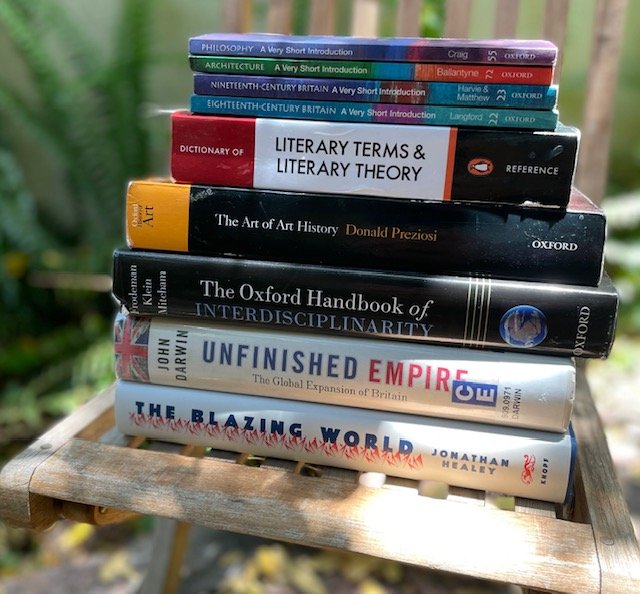How are you doing, my writing friend? Have you been able to make some headway on your own story this week?
We're 4 points into a 5-point series, and I'm hoping it's been just enough fuel to get your fire burning. I can't wait to hear about what you are writing!
4.
Write down everything you remember.
Use whatever platform suits you best: Evernote, a bullet journal, recording things you recall into your phone, 3x5 cards, etc.
Write down or record all facts, details, place names, medical information, and people's names. Memories are fuzzy, and you may recall something at the most inopportune moment. We actually have a waterproof writing pad and pencil in our shower! No kidding.
Just a gentle caution: Be careful about whose story you’re telling. When our stories involve our kids or other family members, tread lightly. There comes a point at which teenagers' stories become their own, and it's wise to ask them how they feel about what you're writing. Maybe it's too soon. Tell your story and let the rest be told by the person whose story it is.
As I was writing Lost & Found: Losing Religion, Finding Grace, I had no desire to throw anyone under the bus, and my goal was to be gracious toward those involved in our story. I wrote about specific situations in general terms, changing descriptions of people and places so that no one else could decipher who exactly I was talking about. Grace, lots of grace poured out over that because grace wins hearts and mends relationships. Over all, this goes back to my passion mentioned in part two: seeing fellow believers find freedom in Jesus!
Other Posts in This Series:
Part One: You have one audience.
Part Two: What God is laying on your heart is the most important thing to write.
Part Three: Grab every moment you can.
Begin to build your own Write Your Own Story notebook with free printables to help you as you get started.




